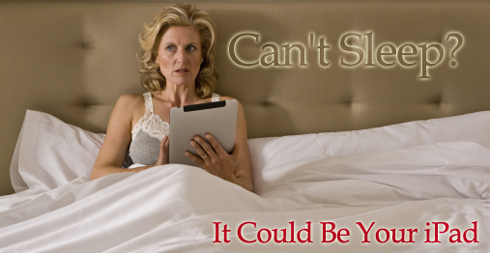People who make an effort to lie less say they have better relationships and report fewer health complaints, according to new research.
"Our findings support the notion that lying less can cause better health through improving relationships," says researcher Anita Kelly, PhD, a professor of psychology at the University of Notre Dame. "Improvements in the relationships accounted for a significant improvement in health."
Although other research has focused on how to detect a lie or how often people lie, Kelly wanted to look at whether she could convince people to lie less, then look at the effects of less lying.
She presented her research at the annual meeting of the American Psychological Association in Orlando.
On average, Americans lie about 11 times a week, says Kelly, citing surveys by others.
Some of those are whoppers. Other are white lies, often meant to spare feelings or save face.
Kelly and her co-researcher, Lijuan Wang, PhD, assistant professor of psychology at the University of Notre Dame, assigned 110 people, aged 18 to 71, to one of two groups.
Both groups came to the lab each week to take a polygraph test.
One group was encouraged to stop telling major and minor lies for the 10-week study. The researchers suggested strategies for lying less, such as declining to answer questions.
The comparison group got no special instructions about lying. They were simply told that they would have to tell the researchers how many lies they had told that week when they were given the lie detector test.
Each group answered questions about their close relationships and about their mental and physical health each week.
For instance, they reported if they had trouble falling asleep or had headaches.
Lying and Health: Study Results
Over the 10-week study, both groups lied less. However, the group told they couldn't lie told fewer lies than the comparison group.
By week 10, the no-lie group was telling, on average, less than one white lie, down from more than three in week two. The comparison group was still telling more than three, down from nearly six in week two.
Both groups reduced their major lies, but the no-lie group reduced those lies much more.
The link between less lying and improved health was seen in both groups, Kelly found.
"In a given week, if they told fewer lies, they also reported their health was better," Kelly says.
"The connection between lying less and improved health, following the people over 10 weeks, was amplified by being in the no-lie group,'' she says. "The connection was even stronger."
For instance, in a given week, if a member of the no-lie group reduced white lies by three, they had more than four fewer mental health complaints.
In the comparison group, if someone reduced their white lies by three, they had just two fewer mental health complaints, she says.
"When a given person was lying less, they also reported their relationships were better," she says.
That, she says, explains the link between lying less and better health.
Why? "What we are suggesting is, not violating others' expectation of honesty is likely to build trust, which may be key to good health through improving our relationships."
The study was funded by the John Templeton Foundation.
Fewer Lies, Better Health: Perspective
The findings echo some other research findings by Sally Theran, PhD, assistant professor of psychology at Wellesley College in Wellesley, Mass.
"My research on girls and boys ... indicates that the process of being authentic, or being honest and open in meaningful relationships, is significantly related to feeling less depressed and having higher self-esteem," she says.
Honesty is also related to feelings of intimacy in friendships, she has found. "There may be increased conflict, as a result of being open and honest, but it leads to better quality of friendships," Theran says.
Telling the truth can feel risky, she says, but when you do so, you can feel less inner conflict. "When we lie," she says, "it adversely affects our self-esteem and increases our sense of shame. So, it's not surprising at all that the authors found that telling the truth was related to all these positive outcomes."
Total Honesty Vs. Reality
Total honesty is not realistic,Kelly and Theran say.
"The goal is a reduction in lies," Kelly says
Theran distinguishes between major lies and white lies. This hit home recently when her 6-year-old daughter asked: "Is the tooth fairy really real?"
"In that case, in my opinion," Theran says, "a lie is OK."
"There are different motives for lying -- to protect a child's sense of magic is one thing, but it's another thing to tell your boss that you've completed a project when you haven't."
These findings were presented at a medical conference. They should be considered preliminary, as they have not yet undergone the "peer review" process, in which outside experts scrutinize the data prior to publication in a medical journal.
By Kathleen Doheny
WebMD Health News
Reviewed by Louise Chang, MD




